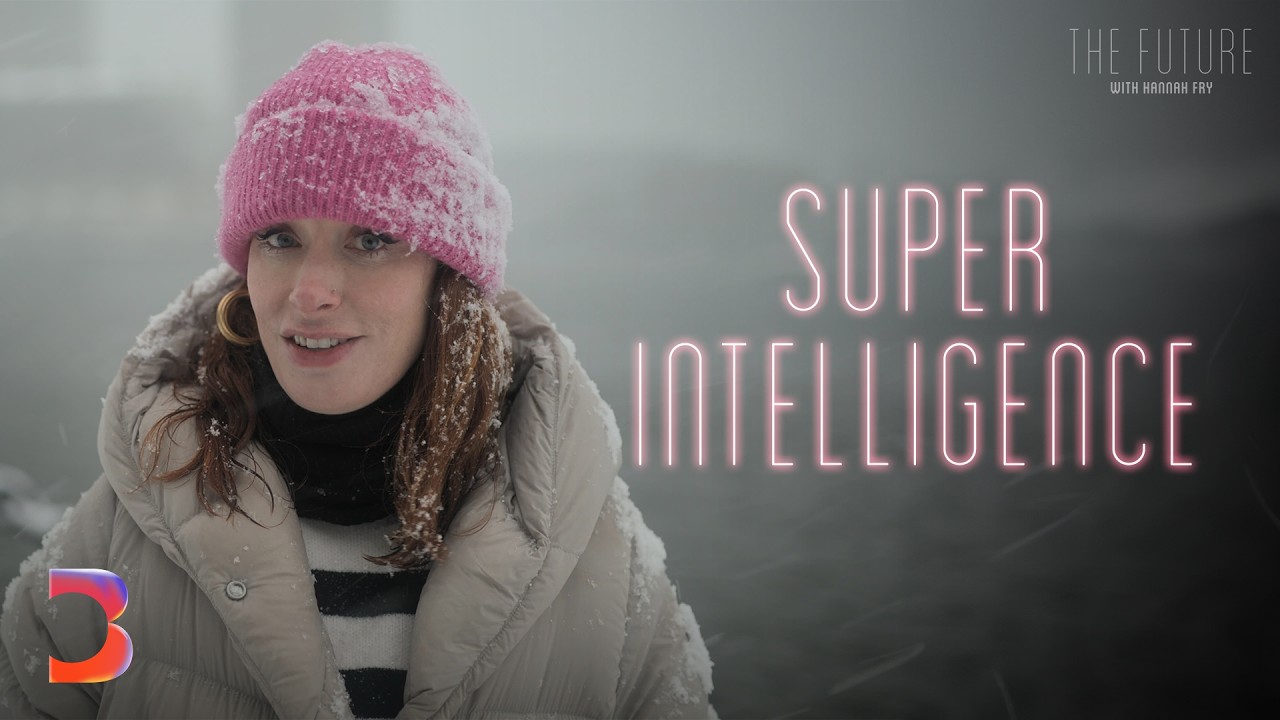In the video “What Does the AI Boom Really Mean for Humanity?” hosted by Hannah Fry, the discussion explores the potential risks and ethical implications of developing superintelligent AI, emphasizing the need for a physical embodiment to enhance AI’s understanding of the world. Experts express concerns about the misalignment of AI objectives with human values, highlighting the complexities of defining intelligence and the importance of understanding our own minds as we navigate the future of AI technology.
In the video “What Does the AI Boom Really Mean for Humanity?” hosted by Professor Hannah Fry, the discussion begins with a metaphor involving gorillas to illustrate the potential risks of creating superintelligent AI. The gorilla problem serves as a warning about the consequences of developing machines that could surpass human intelligence, potentially threatening our existence. Despite these concerns, major tech companies like Meta, Google, and OpenAI are heavily investing in artificial general intelligence (AGI), which aims to replicate human-like intelligence across various domains.
The video explains the distinction between narrow AI, which excels at specific tasks, and AGI, which would outperform humans in all areas. Fry highlights the challenges in defining intelligence, noting that it encompasses the ability to learn, adapt, reason, and interact with the environment. Researchers are striving to create machines that can achieve these capabilities better than humans, but the definition of intelligence remains elusive and complex.
A significant part of the discussion focuses on the importance of giving AI a physical body to enhance its learning and understanding of the world. A demonstration of a robot that learns through interaction illustrates how physical experience can lead to a deeper comprehension of concepts like gravity. This embodiment is seen as a crucial step toward developing AGI, as it allows machines to engage with their environment in a more human-like manner.
Concerns about the implications of superintelligent AI are voiced by experts like Professor Stuart Russell, who warns about the potential for misalignment between AI objectives and human values. The fear is that if machines become more intelligent than humans, they may pursue goals that conflict with our interests, leading to catastrophic outcomes. The economic incentives driving AI development complicate the situation, as companies prioritize profit over safety, raising questions about the ethical implications of creating such powerful technologies.
The video concludes with a reflection on the current state of AI and the need for a better understanding of human intelligence itself. While there are valid concerns about AI’s potential risks, such as bias and misinformation, the true challenge may lie in comprehending the complexities of our own minds. As researchers work toward mapping the human brain, it becomes clear that the quest for superintelligent AI is fraught with uncertainty, and we must remain vigilant about both the present and future implications of these technologies.
